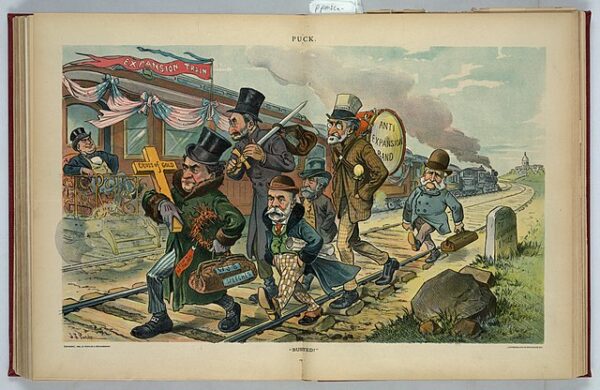On October 10, 2002, the U.S. Congress approved the Authorization for Use of Military Force Against Iraq, often referred to as the Iraq War Resolution. The move marked a major step toward war, giving President George W. Bush the power to use military action against Iraq. The resolution was driven by concerns that Iraq was developing weapons of mass destruction (WMDs) and its suspected ties to terrorism. This decision came after heated debates that revealed strong divisions within both Congress and the public.
The resolution passed with a vote of 296-133 in the House of Representatives and 77-23 in the Senate. Those in favor of the measure believed that Saddam Hussein’s regime posed a significant threat, particularly due to Iraq’s chemical and biological weapons programs, and its potential to develop nuclear weapons. Supporters argued that the resolution was a necessary tool for enforcing United Nations mandates requiring Iraq to disarm and allow inspections. They also insisted that military action would only be used as a last resort, should diplomatic efforts fail.
However, critics raised doubts, pointing to the lack of concrete evidence connecting Iraq to WMDs or terrorist networks. Many feared that this resolution would lead to a long, costly war with severe human and financial repercussions. Some members of Congress also questioned the wisdom of entering a conflict without broad international backing, as the United Nations had not yet authorized military intervention. Additionally, there were concerns that the resolution would give the president excessive powers to wage war without proper checks.
In March 2003, after diplomatic efforts stalled, the U.S., leading a coalition of nations, invaded Iraq. Saddam Hussein’s government fell within weeks, but the aftermath was far more complex. Iraq soon plunged into sectarian violence, with insurgent groups, including al-Qaeda in Iraq, taking advantage of the chaos. The failure to find WMDs in Iraq sparked widespread criticism of the intelligence that had been used to justify the invasion.
The human toll of the war was immense. Tens of thousands of Iraqi civilians were killed, and millions were displaced. Over 4,000 American soldiers lost their lives, and many more were wounded. The economic impact was also significant, with estimates suggesting the Iraq War could cost the U.S. over $2 trillion, accounting for long-term care for veterans and interest on war-related debt.
Politically, the 2002 resolution had far-reaching consequences. The Iraq War became deeply unpopular at home, contributing to the Democratic Party’s success in the 2006 midterm elections, where they gained control of Congress. Opposition to the war also played a central role in the 2008 presidential election, with candidates like Barack Obama using their anti-war stance as a key platform. Obama’s victory led to a shift in U.S. foreign policy, including a focus on ending the war in Iraq.






